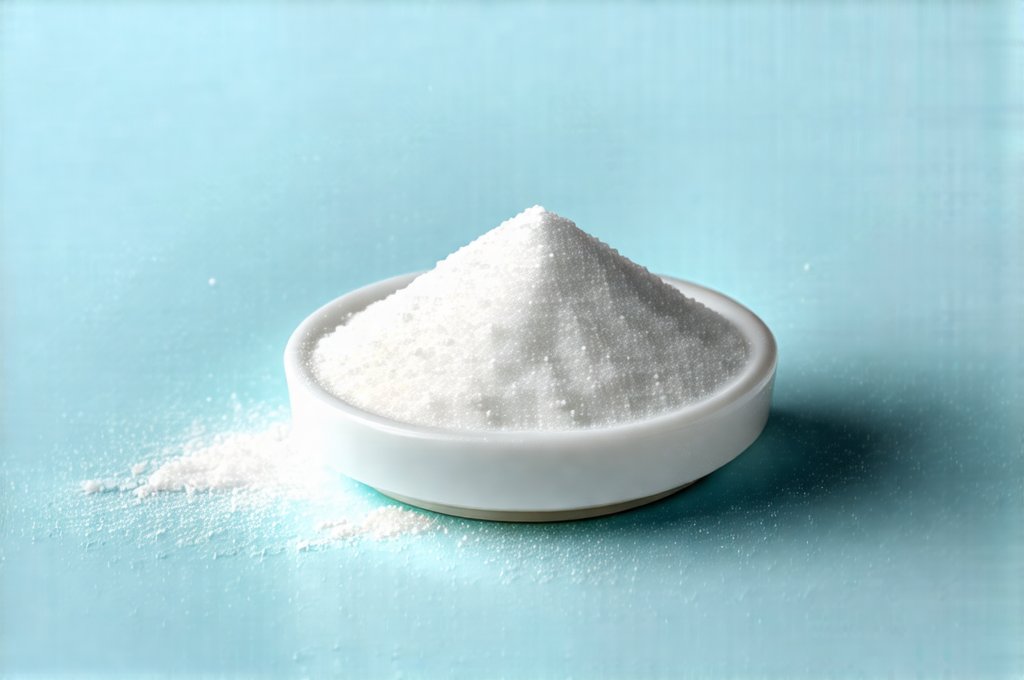Acid reflux, also known as heartburn, is a common digestive issue affecting millions worldwide. It occurs when stomach acid flows back up into the esophagus – the tube connecting your mouth to your stomach. This backflow can cause a burning sensation in the chest, a sour taste in the mouth, and other uncomfortable symptoms. While many readily reach for over-the-counter antacids or prescription medications, there’s growing interest in exploring natural approaches to managing acid reflux, with magnesium emerging as a potentially significant player. Understanding the underlying mechanisms of acid reflux and how nutrients like magnesium interact with these processes is key to developing effective strategies for relief.
The typical approach often focuses on neutralizing stomach acid, but this doesn’t address the root causes of why the acid is flowing back up in the first place. Factors such as a weakened lower esophageal sphincter (LES), dietary choices, obesity, and stress can all contribute to reflux. Magnesium isn’t a quick fix like an antacid; its role lies more in supporting overall digestive health and addressing some of these underlying issues that exacerbate symptoms. It’s important to note that magnesium is not intended as a replacement for medical treatment but rather as a potential complementary strategy, best discussed with a healthcare professional. The following exploration dives into the complex relationship between magnesium and acid reflux relief, examining its mechanisms, benefits, sources, and considerations.
Magnesium’s Multifaceted Role in Digestive Health
Magnesium is an essential mineral involved in over 300 enzymatic reactions within the body, playing a vital role in numerous physiological processes, including muscle function, nerve transmission, and blood glucose control. But its connection to digestive health is often overlooked. Specifically, magnesium helps regulate stomach acid production and supports proper esophageal sphincter function. A deficiency in magnesium can lead to impaired LES tone, making it easier for stomach acid to reflux into the esophagus. Think of the LES as a valve; if it’s weak or doesn’t close properly, acid has an easy pathway upward.
Beyond its impact on the LES, magnesium also promotes healthy gut motility – the movement of food through the digestive tract. Constipation can increase pressure in the abdomen, forcing stomach contents upwards and worsening reflux symptoms. Magnesium acts as a mild osmotic laxative, drawing water into the intestines which softens stool and eases bowel movements. This reduction in abdominal pressure helps to prevent acid from being forced up into the esophagus. It’s also been suggested that magnesium’s calming effects can help reduce stress, a known trigger for acid reflux in many individuals. Stress often leads to increased stomach acid production and disrupted digestive processes. Understanding the role of stress is key to managing this condition.
Crucially, magnesium isn’t just about reducing acid; it’s about balancing the entire digestive system. It contributes to optimal function across multiple areas, addressing potential contributing factors beyond simple neutralization. This holistic approach is what makes it a potentially valuable tool for long-term relief and management of acid reflux symptoms – rather than merely masking them temporarily. Maintaining gut health can also play an important role in overall digestive wellbeing.
How Magnesium Impacts Esophageal Sphincter Function
The lower esophageal sphincter (LES) is a muscular ring at the bottom of the esophagus that prevents stomach acid from flowing backward. Its proper functioning relies on several factors, including adequate levels of certain nutrients like magnesium. Magnesium plays a crucial role in muscle relaxation and contraction; it’s involved in ATP production – the energy source for muscle function. A deficiency can disrupt these processes, leading to weakened LES tone and increased risk of reflux.
- Reduced Muscle Tone: When magnesium levels are low, the LES muscles may not contract effectively, allowing acid to escape.
- Impaired Nerve Function: Magnesium is essential for nerve transmission; its absence can affect signals controlling LES function.
- Increased Sensitivity: Some research suggests that magnesium deficiency might increase sensitivity to acid in the esophagus, making even small amounts of reflux feel more pronounced.
It’s important to understand this isn’t about completely eliminating stomach acid (which is necessary for digestion). It’s about ensuring the barrier between your stomach and esophagus – the LES – is strong enough to prevent unwanted backflow. Supplementing with magnesium, under the guidance of a healthcare professional, may help strengthen and support proper LES function. Ensuring adequate hydration can also aid in overall digestive function.
Magnesium & Stress Reduction: A Key Connection
The link between stress and acid reflux is well-established. When we’re stressed, our bodies release cortisol – the “stress hormone.” Cortisol can increase stomach acid production and also disrupt normal digestive processes, leading to symptoms like heartburn. Furthermore, stress often causes changes in eating habits—eating quickly, consuming larger meals, or choosing trigger foods—all of which exacerbate reflux. Magnesium plays a critical role in regulating the body’s stress response.
- Cortisol Regulation: Magnesium helps regulate the hypothalamic-pituitary-adrenal (HPA) axis – the central control system for stress response. It can help prevent cortisol levels from becoming chronically elevated.
- Nervous System Support: Magnesium has calming properties that support the parasympathetic nervous system—the “rest and digest” side of our autonomic nervous system. This promotes relaxation and reduces feelings of anxiety.
- Improved Sleep Quality: Stress often disrupts sleep, which can further exacerbate digestive issues. Magnesium supports healthy sleep patterns, allowing the body to repair and restore itself.
By reducing stress levels, magnesium indirectly addresses a major contributing factor to acid reflux. It’s not simply about suppressing symptoms; it’s about addressing the underlying emotional and psychological factors that can trigger them. Many find relief through increasing fiber intake as well, promoting healthy digestion.
Dietary Sources & Supplementation of Magnesium
Obtaining sufficient magnesium through diet is often preferable, but many people are deficient due to modern dietary habits and soil depletion. Excellent food sources of magnesium include:
- Leafy green vegetables (spinach, kale)
- Nuts and seeds (almonds, pumpkin seeds)
- Legumes (black beans, lentils)
- Whole grains (brown rice, quinoa)
- Dark chocolate
However, dietary intake alone may not always be enough to address a deficiency. In such cases, supplementation can be considered. There are various forms of magnesium supplements available, each with different absorption rates and potential side effects:
- Magnesium Citrate: Well-absorbed, often used for constipation relief due to its osmotic effect.
- Magnesium Glycinate: Highly absorbable and gentle on the stomach; less likely to cause diarrhea. Often preferred for relaxation and sleep support.
- Magnesium Oxide: Poorly absorbed; primarily used as a laxative.
- Magnesium Chloride: Absorbed well, available in topical forms like magnesium oil or flakes.
Important Note: It is essential to consult with a healthcare professional before starting any new supplement regimen, including magnesium. High doses of magnesium can cause diarrhea, nausea, and abdominal cramping. Individuals with kidney problems should exercise caution when supplementing with magnesium. Additionally, understanding gut microbiome is essential for overall gut health.
Considerations & Cautions Regarding Magnesium for Acid Reflux
While magnesium shows promise as a supportive strategy for acid reflux relief, it’s vital to approach it with realistic expectations and awareness of potential limitations. It’s not a one-size-fits-all solution, and its effectiveness can vary depending on the individual and the underlying cause of their reflux. Magnesium is most likely to be helpful for individuals whose acid reflux is linked to magnesium deficiency, stress, or gut motility issues.
It’s crucial to differentiate between occasional heartburn and chronic acid reflux (GERD). For persistent or severe symptoms, medical evaluation is essential. Magnesium should be viewed as a complementary therapy alongside – not a replacement for – conventional treatments prescribed by a doctor. Additionally, certain medications can interact with magnesium supplementation, so it’s important to inform your healthcare provider about all medications you are taking.
Finally, remember that lifestyle factors play a significant role in managing acid reflux. These include:
- Maintaining a healthy weight
- Avoiding trigger foods (spicy foods, caffeine, alcohol)
- Eating smaller, more frequent meals
- Elevating the head of your bed during sleep
- Managing stress through techniques like yoga or meditation
The information provided here is intended for general knowledge and informational purposes only, and does not constitute medical advice. It is essential to consult with a qualified healthcare professional for any health concerns or before making any decisions related to your health or treatment. Role of zinc and magnesium can also play an important part in digestion.


















